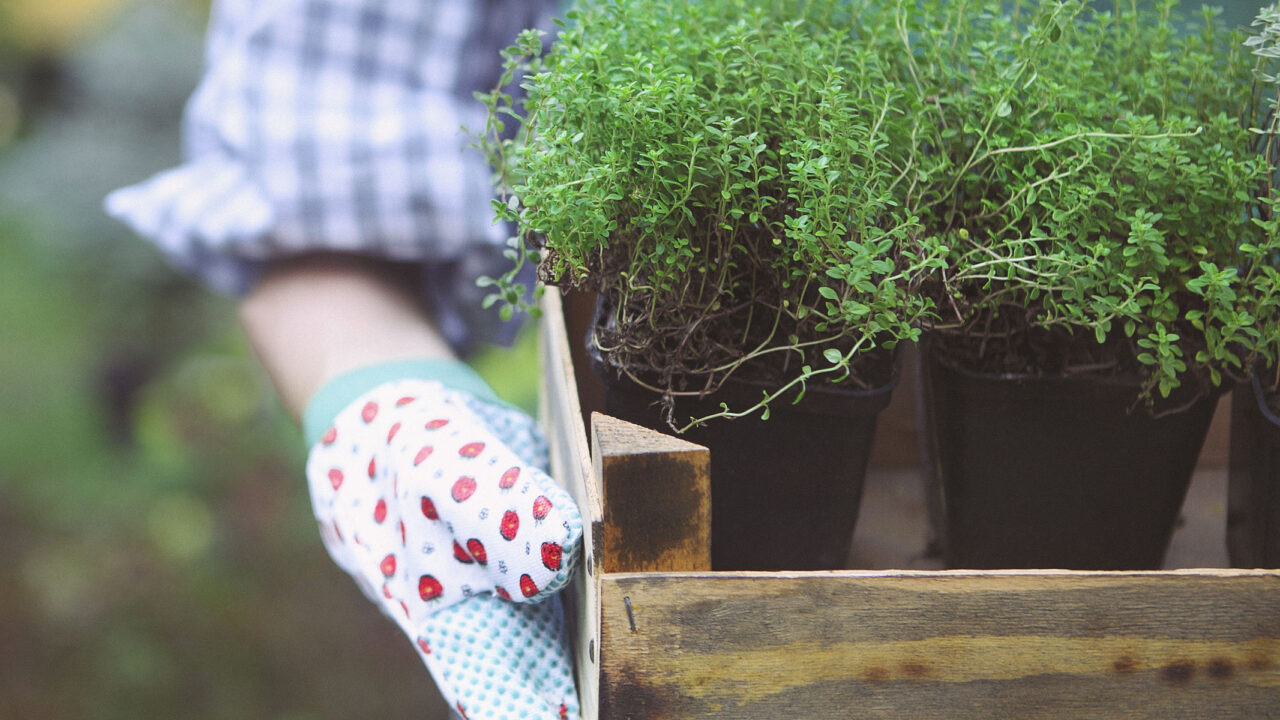Characteristics
| Hardiness zone | 4a |
|---|---|
| Flower color | yellow |
| Foliage type | evergreen |
| Plant form | mounded |
| Mature height | 30 inches |
| Spread | 24 inches |
| Light requirements | full sun |
| Moisture requirements | dry to average |
| Plant origin | import |
Houston's favorite garden center devoted to Texas native plants and organic gardening.
Botanical name: Ruta graveolens
Common Rue’s attractive fragrant round bipinnately compound leaves remain grayish green in color throughout the year. It has masses of beautiful cymes of yellow flowers at the ends of the stems in mid summer, which are most effective when planted in groupings. The fruit is not ornamentally significant..
| Hardiness zone | 4a |
|---|---|
| Flower color | yellow |
| Foliage type | evergreen |
| Plant form | mounded |
| Mature height | 30 inches |
| Spread | 24 inches |
| Light requirements | full sun |
| Moisture requirements | dry to average |
| Plant origin | import |
Common Rue's attractive fragrant round bipinnately compound leaves remain grayish green in color throughout the year. It has masses of beautiful cymes of yellow flowers at the ends of the stems in mid summer, which are most effective when planted in groupings. The fruit is not ornamentally significant.
Common Rue is an herbaceous evergreen perennial with a mounded form. Its relatively fine texture sets it apart from other garden plants with less refined foliage.
This is a relatively low maintenance plant, and is best cleaned up in early spring before it resumes active growth for the season. Gardeners should be aware of the following characteristic(s) that may warrant special consideration;
Self-Seeding
Common Rue is recommended for the following landscape applications;
General Garden Use, Naturalizing And Woodland Gardens, Herb Gardens
Common Rue will grow to be about 24 inches tall at maturity, with a spread of 24 inches. Its foliage tends to remain dense right to the ground, not requiring facer plants in front. It grows at a fast rate, and under ideal conditions can be expected to live for approximately 5 years.
This plant should only be grown in full sunlight. It prefers dry to average moisture levels with very well-drained soil, and will often die in standing water. It is considered to be drought-tolerant, and thus makes an ideal choice for a low-water garden or xeriscape application. It is not particular as to soil type or pH. It is highly tolerant of urban pollution and will even thrive in inner city environments. This species is not originally from North America, and parts of it are known to be toxic to humans and animals, so care should be exercised in planting it around children and pets.
